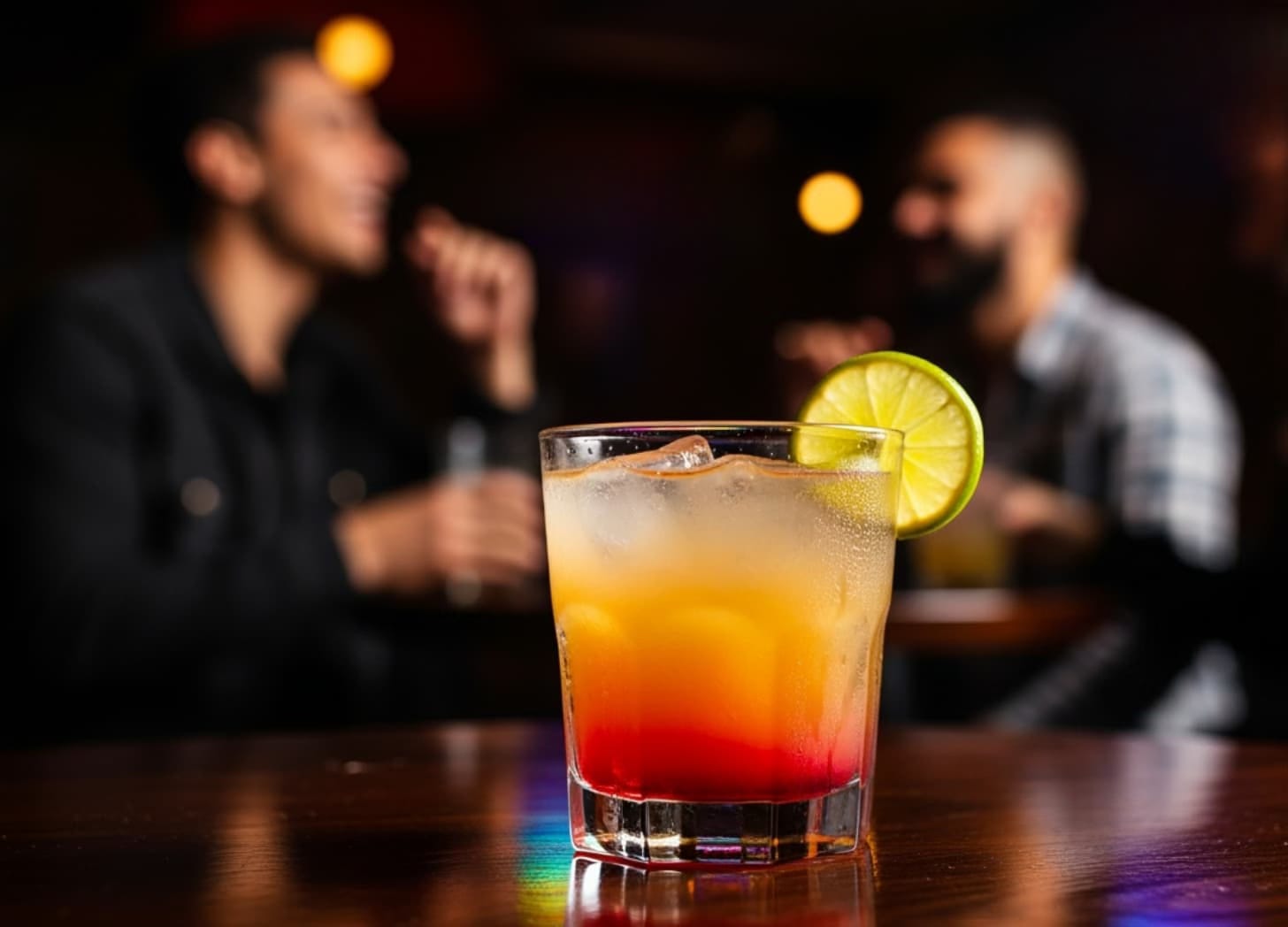The Gay Loneliness No One Wants to Talk About
The secret gay men tell therapists but not each other: Our own community rejects us harder than homophobia ever did.
I notice an unopened tissue box sitting next to him, a quiet witness. Men don't cry in their first sessions anymore. They've learned to describe devastation with dry eyes and steady voices. On my laptop screen is the kind of man Instagram insists should have it all… successful, photogenic, perfectly curated, and here he is explaining why he reinstalled Grindr at 3am last Tuesday. Again
"I deleted it after my birthday," he says. Thirty-five. The age when many gay men become ghosts. "But Tuesday night, the silence was so loud I couldn't—" He stops. Looks at the unused tissues. "I just needed to know I still existed."
Thousands of these sessions have taught me the truth nobody admits. Coming out doesn't cure loneliness. It relocates it. From hiding who you are to hiding who you're not. From fearing rejection by straight people to fearing erasure by your own.
"At Least Homophobia Had a Name"
Gay men don't accidentally end up isolated. We choose it. Because risking rejection from our own people cuts deeper than any slur a stranger could throw.
Think about the math. You survive family rejection. School bullying. Workplace discrimination. Finally find other gay men. Expect exhale. Instead, discover a community with stricter admission requirements than the straight world ever demanded.
A client said it best, voice breaking: "When straight people rejected me, I could blame homophobia. When gay men reject me, what's my excuse?"
That's the wound keeping us alone. Not fear of homophobia - that has a name, a shape, an external enemy. Fear that even our own find us insufficient. That rejection confirms what we've always suspected: the problem was never being gay. It was being us.
Research backs what I witness daily. Gay men experience loneliness profoundly higher than straight men. But here's what studies miss. We're not lonely because we lack options. We're lonely because we've learned connection means danger. Especially connection with each other.
Rules Nobody Wrote Down But Everyone Knows
Here's data that should disturb you. Recently out gay men show higher anxiety and depression than closeted ones.
Read that again. Coming out… our supposed liberation, actually damages mental health for many men.
I watch this pattern often. They arrive expecting freedom. Find a culture with rules nobody explained. Be young (but not too young). Be fit (but not obsessive). Be masculine (but not straight-acting). Have money (but don't mention it). The gates we built to keep ourselves safe became walls that keep most of us out.
A friend once pulled up his phone, showing me a message from another gay man: "You used to be so sexy. Shame you ruined it." Sent over the holidays. About five pounds of winter weight.
The straight world rejected us for one thing. The gay world rejects us for everything else. We're re-traumatizing ourselves with surgical precision. The bullied kids grew up and learned to cut deeper than our childhood tormentors ever could.
Your Phone Already Knows You'll Download It Again
About seventy percent of gay men use dating/hookup apps. Average Grindr session: a little over an hour per day, with prolonged 90-minute sessions for many. We know they make us anxious and lonely. Watch men's faces tighten when notification sounds interrupt dinner. That specific pitch (not quite text, not quite email) that means someone's about to evaluate your worth in pixels.
Apps perfectly match our trauma patterns. Reject before being rejected. Block preemptively. Ghost before getting ghosted. Finally, we're the ones doing the abandoning.



